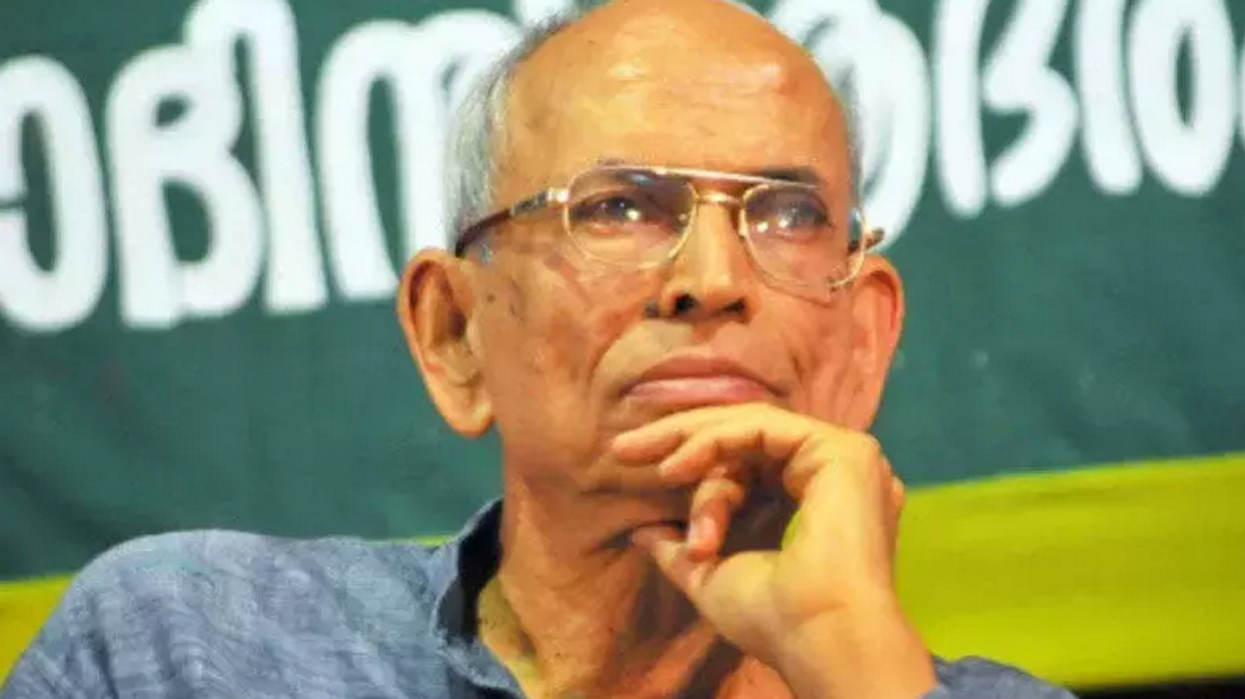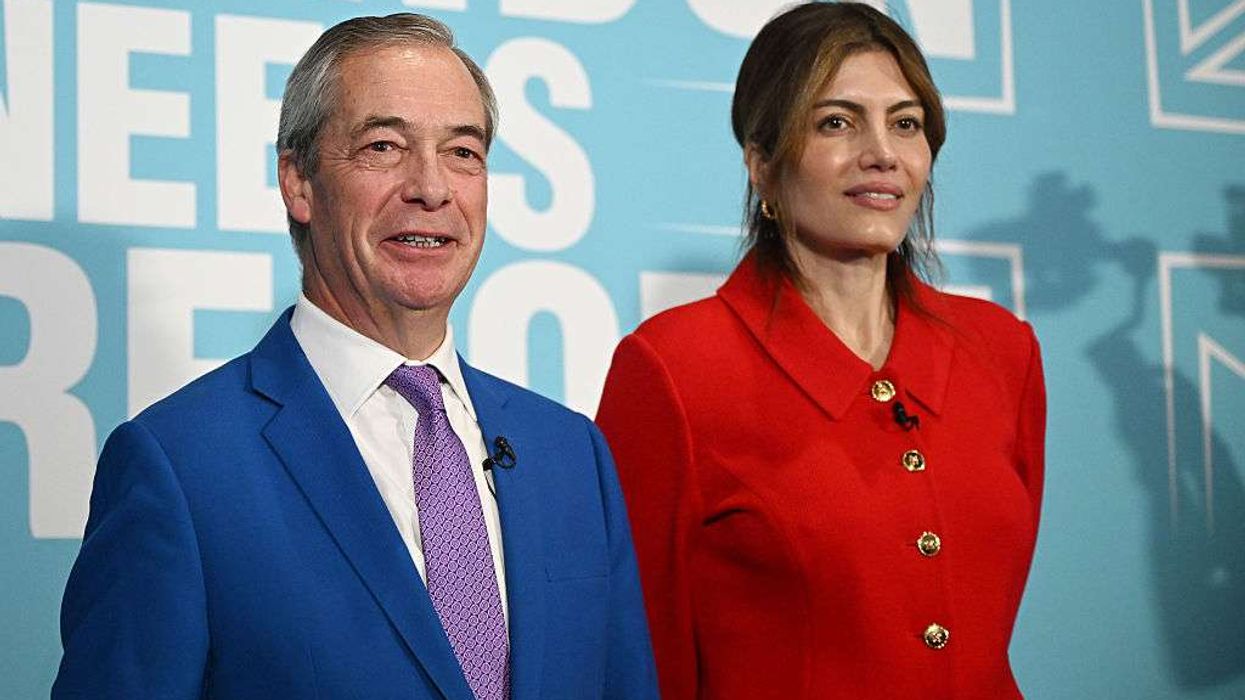FIVE hopefuls were left in the race to become leader of the Tories on Wednesday (4) after former home secretary Priti Patel received the fewest votes from lawmakers in a race set to shape the future direction of Britain's once dominant party.
The contest, to replace former prime minister Rishi Sunak, will run until Nov. 2, after Tory members cast the final ballots for a new leader, charged with turning around the fortunes of a party that suffered the worst result in its history in a July election defeat at the hands of Labour.
Wednesday's first round of voting showed two candidates on the right of the party - Robert Jenrick, who quit as immigration minister as he believed the then-government's plan to send asylum seekers to Rwanda was not tough enough - and former trade secretary Kemi Badenoch led the pack with 28 and 22 votes.
The right-wing Patel won only 14 votes, and two centrist candidates - former work and pensions secretary Mel Stride and former security secretary Tom Tugendhat, were way behind the three leading candidates with 16 and 17 votes respectively.
Another moderate, former home and foreign secretary James Cleverly, received 21 votes.
After 14 years in power, the Tories saw their numbers in parliament drop to 121 seats in July's election from more than 360 in 2019. The small number of lawmakers combined with the final vote coming from Tory members - for which the party offers no numbers - makes predicting the winner difficult.
Whoever takes the mantle of Tory leader faces an uphill battle to repair the damage by the last eight years of its 14-year period in government being marked by chaos, scandal and deep divisions over Brexit.
Since former prime minister David Cameron stood down after losing the 2016 Brexit vote, the Tories have been through four leaders, three of them ousted by their own lawmakers.
All the remaining candidates have said they want to unite the party and return it to its conservative roots of small government, low taxes and personal freedoms, but they differ over how to tackle immigration, an issue that voters see as increasingly important when public services are stretched.
The two front runners have different takes on how to tackle rising migrants numbers.
Jenrick says the only way to tackle rising levels of immigration is to set a cap on legal migration in the tens of thousands and to detain and remove within days those migrants who enter the country illegally.
He also advocates for Britain to leave the European Convention of Human Rights (ECHR), a treaty agreed by almost every European nation.
Badenoch, has, unlike other rivals, refused to suggest a cap on the numbers entering Britain or to leave the ECHR.
Instead, she argues the immigration system is broken, saying if the Tories can win back power at the next election, due before Aug. 15, 2029, they must first sack civil servants, or officials, who are "squeamish" about deporting people.
(Reuters)













